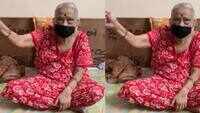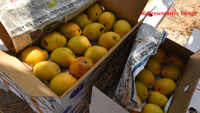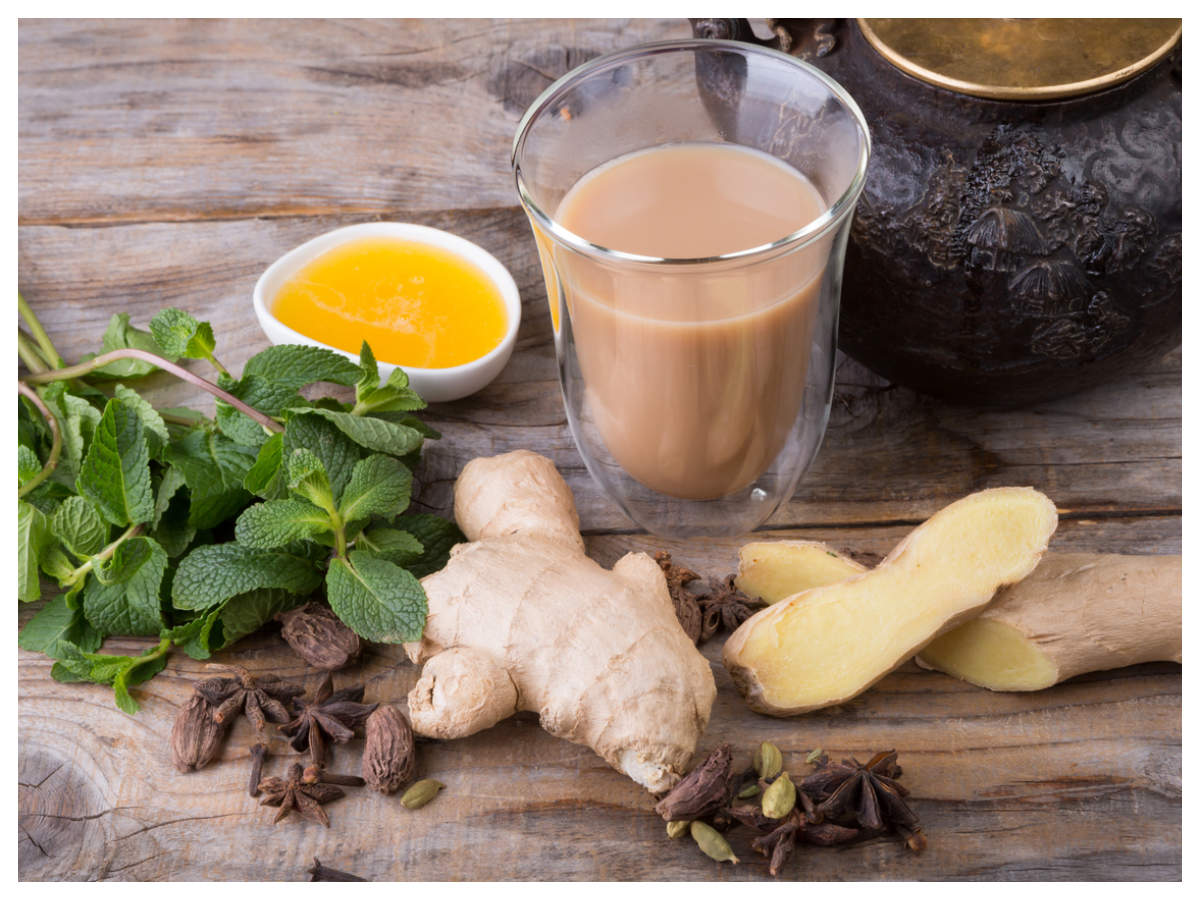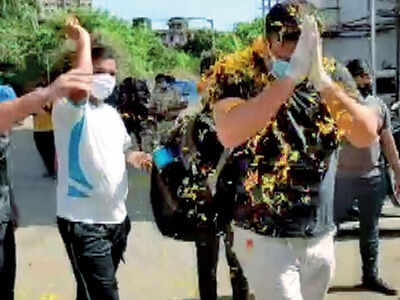
MUMBAI: In the last 40 days, almost 900 city cops, including 137 officers, have tested positive for Covid-19, with 12 succumbing to the disease. On an average, 22 cops have tested positive daily since April 20, with the first death (of a head constable) occurring on April 25. The youngest cop to die was an assistant inspector aged 32 years. Till now, 136 of the 898 infected personnel, including 23 officers, have recovered.
Mumbai’s police strength is 41,115, including 3,500 in traffic division. Senior officers say there are mainly two reasons why over 2% of them have been infected: bandobast duty in slums, which account for a disproportionate number of the city’s Covid-19 case load, and the fact that it’s difficult to perform police duties for long hours in PPE. The infection rate among those on duty is much higher than 2%, though, as many of the 41,115 cops are above 55 and are on leave because given their age, they are at increased risk of Covid-19.
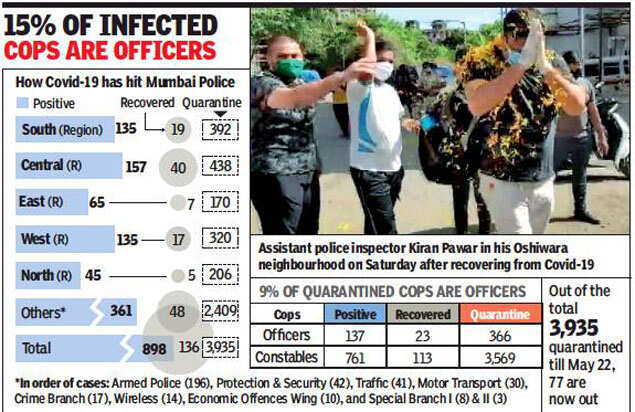
“The majority of those who tested positive were deployed in slum pockets, including those in Dongri, Kurla, Wadala and Bhendi Bazar,” said a police officer.
The virus hasn’t spared any police department or region, whether it’s area police, crime branch, EOW, motor department, special branch, traffic or protection branch. The highest number of infected cops are from armed police, 196, followed by 157 from the central region (Worli, Parel, Byculla, Dadar, Kurla, Dharavi), 135 from west (Bandra, Andheri, Powai, Vile Parle, BKC), 135 from south (Colaba to Pydhonie), 65 from east (Mulund to Ghatkopar, Chembur to Trombay), and 45 from north (Dahisar, Borivli, Gorai, Goregaon, Kandivli). The worst-affected police stations are JJ Marg (46 cases), Sahar (28), Oshiwara (12), Wadala TT (8) and Vakola (6). In all 3,935 cops, including 366 officers, were placed in quarantine at isolation centres as of May 22, with the maximum from the armed police (1,237).
A serving IPS officer told TOI that cops are exposed to the virus while dealing with different kinds of people. “They do not know who is a carrier and who is not. That’s not possible to know. Duty in slum pockets is not the only thing to blame. There are multiple factors, like the places where constables live and hygiene conditions in their surroundings,” he said. “The route a cop takes to reach the workplace also matters as does whether he or she uses a sanitizer on duty or washes hands frequently. The virus can be contracted through any means. We do not know who all are infected.”
A senior officer said all the city cops who died of Covid-19 had comorbidities -- underlying health issues like diabetes and hypertension.
Joint commissioner of police (administration) Naval Bajaj said the police are collecting details and trends to scientifically investigate how cops are contracting the virus. Mumbai police spokesperson DCP Pranaya Ashok said, “Each cop has been asked to take HCQ tablets, besides vitamins. Safety gear has been provided to all. Health details are collected daily.”
Former state DGP Pravin Dixit said that instead of using batons and other repressive means for implementing the lockdown, the police should develop contacts with NGOs, social workers, local politicians, NCC cadets and community leaders to assist them in maintaining order. “This will help cops maintain social distancing themselves while they perform their duty,” he said.
Mumbai’s police strength is 41,115, including 3,500 in traffic division. Senior officers say there are mainly two reasons why over 2% of them have been infected: bandobast duty in slums, which account for a disproportionate number of the city’s Covid-19 case load, and the fact that it’s difficult to perform police duties for long hours in PPE. The infection rate among those on duty is much higher than 2%, though, as many of the 41,115 cops are above 55 and are on leave because given their age, they are at increased risk of Covid-19.

“The majority of those who tested positive were deployed in slum pockets, including those in Dongri, Kurla, Wadala and Bhendi Bazar,” said a police officer.
The virus hasn’t spared any police department or region, whether it’s area police, crime branch, EOW, motor department, special branch, traffic or protection branch. The highest number of infected cops are from armed police, 196, followed by 157 from the central region (Worli, Parel, Byculla, Dadar, Kurla, Dharavi), 135 from west (Bandra, Andheri, Powai, Vile Parle, BKC), 135 from south (Colaba to Pydhonie), 65 from east (Mulund to Ghatkopar, Chembur to Trombay), and 45 from north (Dahisar, Borivli, Gorai, Goregaon, Kandivli). The worst-affected police stations are JJ Marg (46 cases), Sahar (28), Oshiwara (12), Wadala TT (8) and Vakola (6). In all 3,935 cops, including 366 officers, were placed in quarantine at isolation centres as of May 22, with the maximum from the armed police (1,237).
A serving IPS officer told TOI that cops are exposed to the virus while dealing with different kinds of people. “They do not know who is a carrier and who is not. That’s not possible to know. Duty in slum pockets is not the only thing to blame. There are multiple factors, like the places where constables live and hygiene conditions in their surroundings,” he said. “The route a cop takes to reach the workplace also matters as does whether he or she uses a sanitizer on duty or washes hands frequently. The virus can be contracted through any means. We do not know who all are infected.”
A senior officer said all the city cops who died of Covid-19 had comorbidities -- underlying health issues like diabetes and hypertension.
Joint commissioner of police (administration) Naval Bajaj said the police are collecting details and trends to scientifically investigate how cops are contracting the virus. Mumbai police spokesperson DCP Pranaya Ashok said, “Each cop has been asked to take HCQ tablets, besides vitamins. Safety gear has been provided to all. Health details are collected daily.”
Former state DGP Pravin Dixit said that instead of using batons and other repressive means for implementing the lockdown, the police should develop contacts with NGOs, social workers, local politicians, NCC cadets and community leaders to assist them in maintaining order. “This will help cops maintain social distancing themselves while they perform their duty,” he said.

Coronavirus outbreak
Trending Topics
LATEST VIDEOS
More from TOI
Navbharat Times
Featured Today in Travel
Get the app

